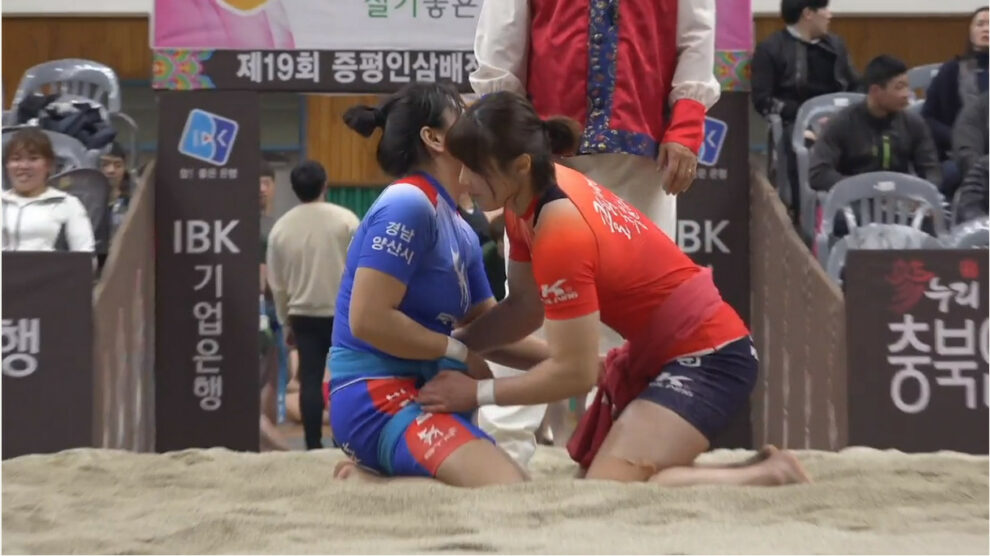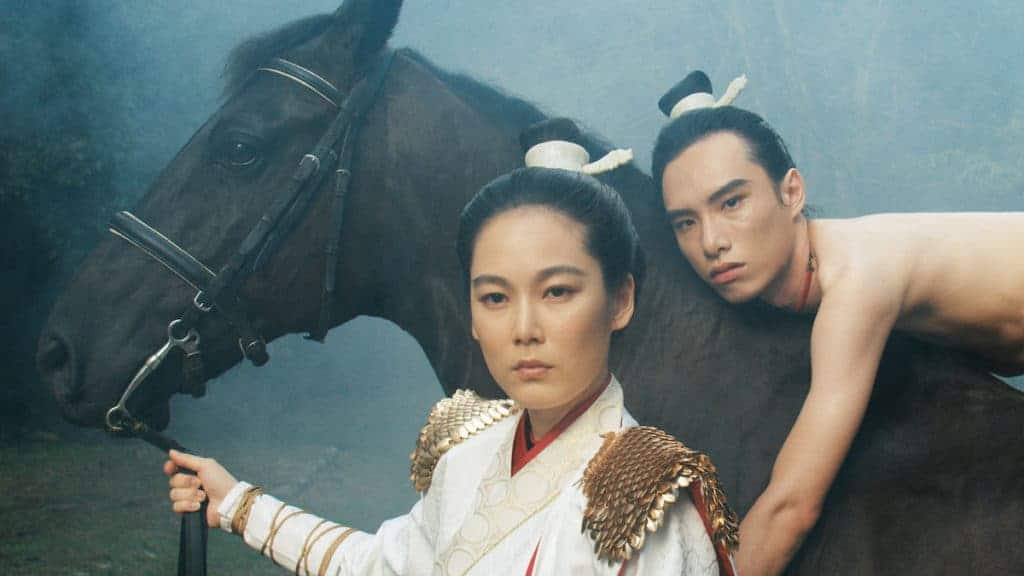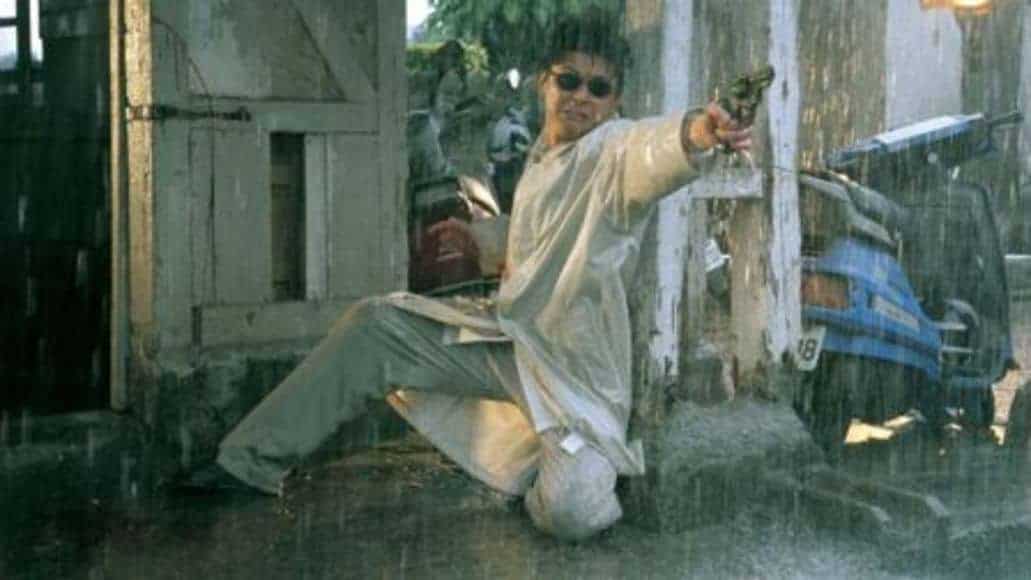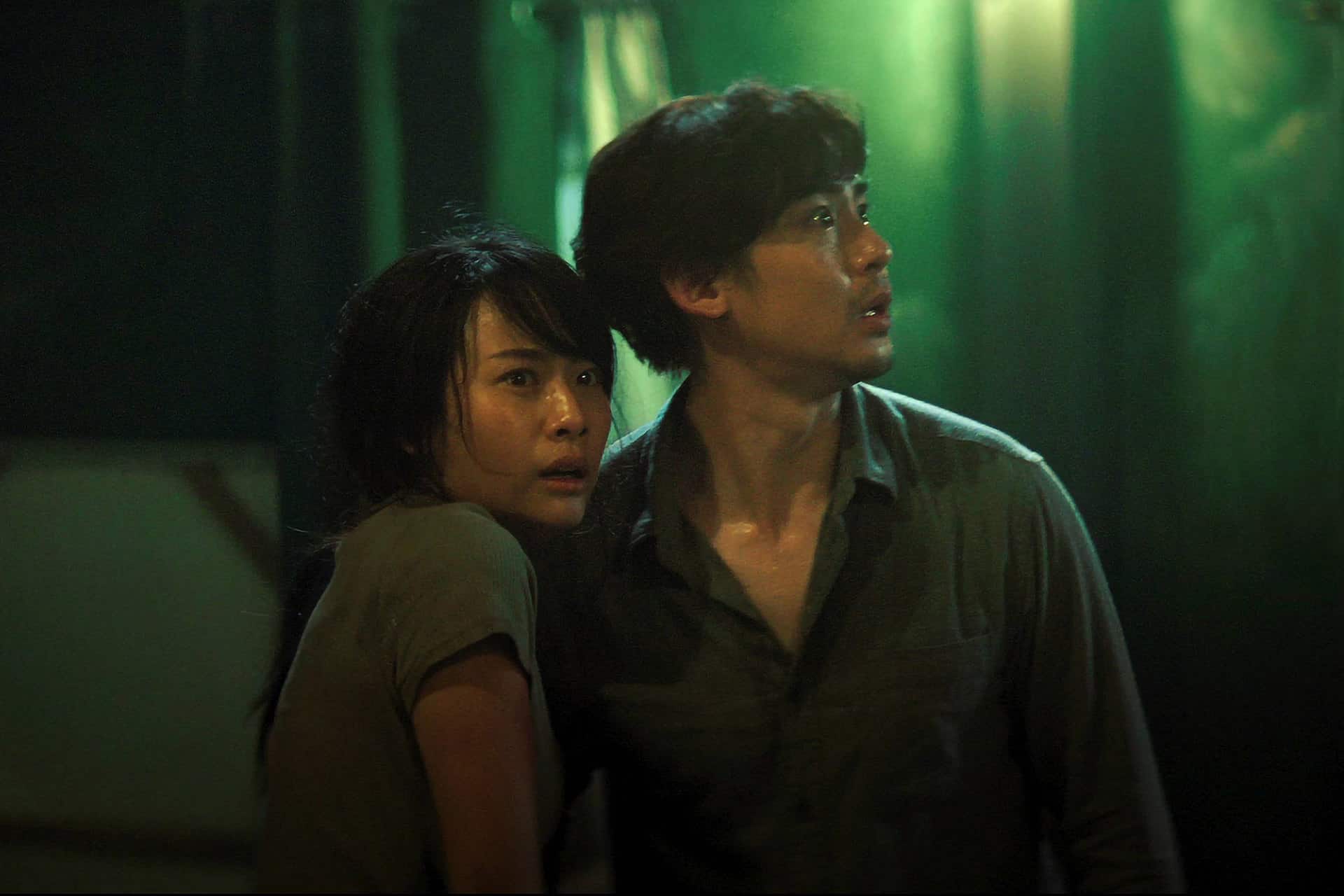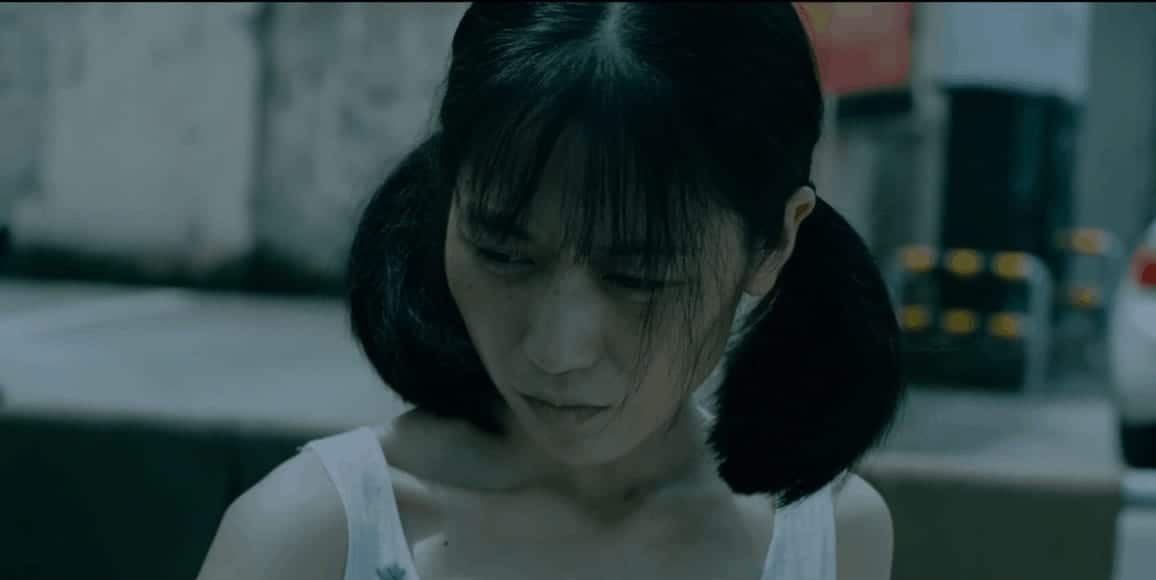Ssireum is a traditional Korean style of wrestling that has been practiced for centuries. While it has historically been dominated by male competitors, there has been a growing interest in promoting women's Ssireum in recent years. Women's Ssireum matches feature two competitors wearing traditional Korean wrestling attire known as “Jeogori” and “Baji.” The objective is to force the opponent out of the designated ring or make them touch the ground of a round ring filled with sand with any body part other than their feet. Matches can be rather brief but are also intense and require strength, agility, and strategy.
“Sandstorm” is screening at Bucheon International Fantastic Film Festival

Born in 1983 in a small town, Park Jae-min grew up to be a movie lover. While living as a monotonous office worker, she met a female Ssireum and began her life's biggest adventure by jumping into documentary production. “Sandstorm” which began filming in 2017 and completed in 2023, is her first feature film.
The documentary begins with some historical elements, starting with 1999, the year when the Korean Ssireum Association first permitted the registration of female athletes. It then proceeds with a tournament also capturing the reaction of the audience, which seems to include a number of young girls and elderly women. In 2009, the first female Cheonha Jangsa was born, the winner of a tournament that includes all three weight classes, where only one winner is determined. Footage from the first open tournament follows, with Sujeong Im, the particular champion, highlighted, with a number of other wrestlers talking about the legend she created, due to the awards she accumulated and her 67 consecutive wins.
The creation of the Kolping Women's Ssireum team comes next, also including the aforementioned, along with Yoonseo Yang, Dahye Kim, Songhwa Song and Heehwa Choi, who form the nucleus of the documentary. In that fashion, Park's documentary follows the five women both in their dealings with the sport and their personal lives.
Check also this article
The combination of the two is quite intriguing in both its aspects. Ssireum is essentially unknown outside of Korea and the fact that the doc deals with its female edition makes it even more intriguing, as it will probably be a new experience for anyone (outside of the country at least) who deals with it. Park presents the whole concept with utmost detail, starting from the training and the comradeship the women of the same team show, continuing with the rules and the whole organization of the tournaments, and concluding with the matches themselves, which, despite their briefness, are actually quite captivating to watch, in a style that reminds much of sumo.
The second axis moves more into social drama paths, with the struggles the girls face throughout their career in a society that still judges them for being over 30 and not married, along with the financial issues they have to deal with, in a sport that is not exactly raining money. The occasionally bumpy relationships with relatives are also highlighted, although the drama is toned down by the aforementioned comradeship, and the fact that all of them are happy as they are doing exactly what they wanted to do in their lives.
The way their sentiments change according to whether they win or lose is another really interesting aspect, particularly for Sujeong Im, who, being past her prime, cannot reach the level she had in her youth. The same applies to their concern regarding the future after they retire, a thing they do not seem particularly eager to do. On the other hand, much entertainment comes from Songhwa Song's story, and particularly the “testimonies” of men who knew her as a kid and were actually bullied by her.
Evidently, Park gained the trust of all her “subjects”, which is the reason they allowed her to follow them quite closely, and occasionally even their family and friends, with DP Lee Sin-mee doing an excellent job in capturing all the aforementioned. Lim Sin-mee's editing is also quite good in the way the aforementioned elements are connected as they succeed one another, in a fashion that keeps the documentary flowing for the whole of its 78 minutes.
“Sandstorm” is not exactly shattering, but presents a concept very few people know about in an approach that is both thorough and entertaining, with the way it connects the sport with the current Korean society making it quite relevant even beyond the country's borders.


